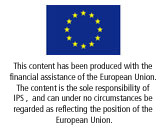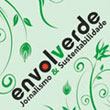By Julio Godoy
RĂŤO DE JANEIRO, Jun 20, 2012 (IPS) – Assigning nature a monetary value and incorporating it into gross domestic product (GDP) are key aspects of a global policy of sustainable development, according to legislators and scientists gathered at the first world summit organised by GLOBE international, an association of parliamentarians concerned with environmental policies.
The summit took place Jun. 15-17 in the Tiradentes Palace, the original seat of the Brazilian congress.
“Developing ‘Natural Capital Accounts’ is a critical step towards reshaping existing policy and national accounting frameworks to accurately reflect the relationship between the economy and the environment,” Barry Gardiner, a Labour party member of the British parliament and vice president of GLOBE, told this reporter.
Gardiner added that under the present GDP system, many activities harmful to the environment are counted as growth and therefore considered positive to the economy. “You then see your GDP is rising, but it would be an unsustainable growth, because actually you are destroying your natural capital,” he explained.
“With the adoption of the System for Environmental-Economic Accounting (SEEA) last February, there is now an internationally agreed framework to account for these interactions and to measure material natural resources like minerals, timber and fisheries,” Gardiner said.
The SEEA, approved by the U.N. statistical commission after years of research, contains the first set of internationally comparable statistics on the environment and its relationship with the economy.
Environmental national accounting can be a useful tool for governments to bolster their bargaining position vis-a-vis multinational companies exploiting resources in their countries, said Glenn-Marie Lange, managing director of the policy and economics team at the World Bank’s environment department and advisor to the U.N. team that put together SEEA.
“If you know the extraction cost of a given resource, and the market price of it, you can improve your negotiation position so as to obtain a larger share of the benefits for your country,” she said.
“SEEA can also help local communities to demand benefits to be better distributed, and get their fair share of them,” Lange said.
Lange said that the SEEA is being piloted in several countries. “It is far from perfect, but we are improving it. The second volume of SEEA is (in) the pipeline.”
In its final protocol, the legislators attending the GLOBE summit agreed to “push for the inclusion of natural capital in our respective countries’ national accounts” and to “advance legislation that integrates the national capital approach into policy analysis and decision making”.
Yet this agreement was ultimately weakened by such restrictive provisions as the phrase “as nationally appropriate”, now ubiquitous in international agreements.



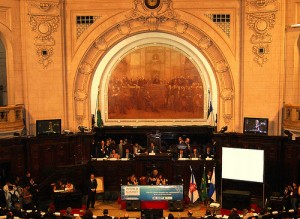
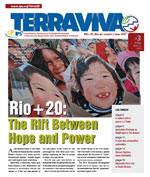
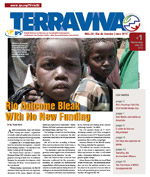
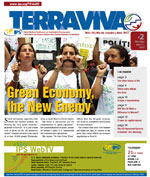

 Add to Google
Add to Google




